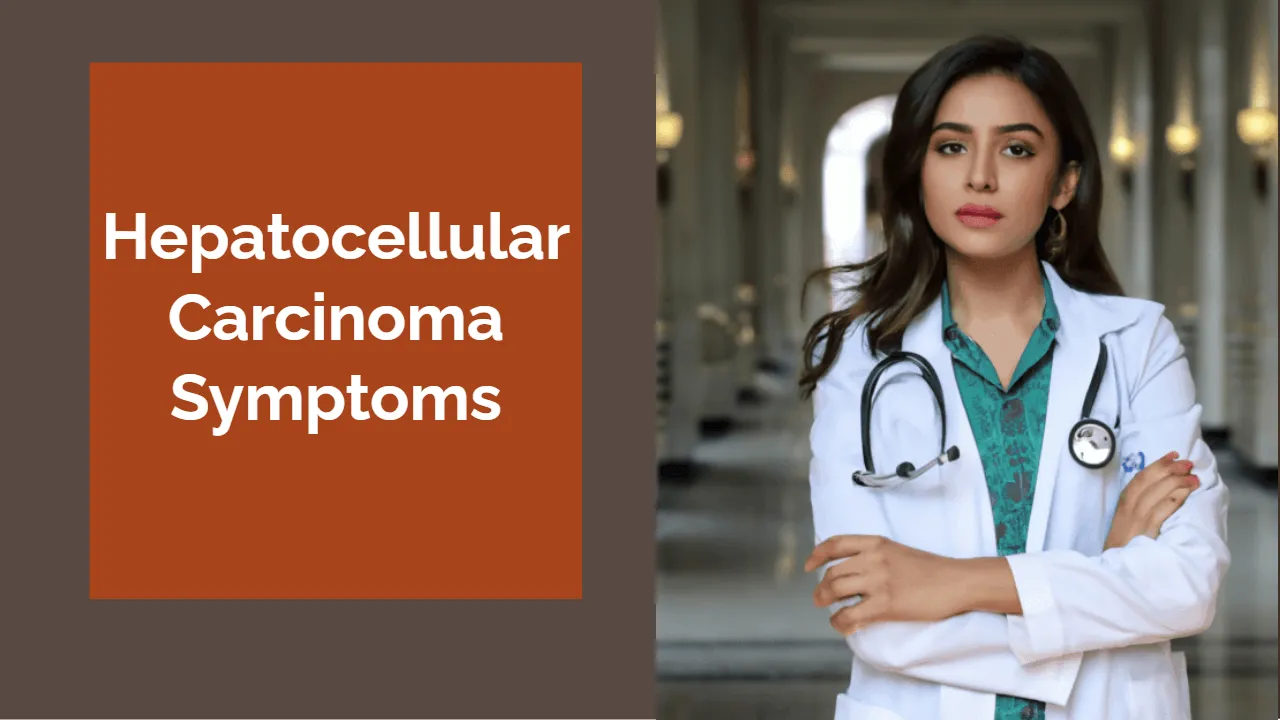Hepatocellular Carcinoma: Understanding the Silent Threat in India
Hepatocellular carcinoma (HCC), commonly referred to as liver cancer, poses a significant health risk in India, standing as the third leading cause of cancer-related deaths in the country. The insidious nature of this aggressive disease often conceals its presence during the initial stages, posing challenges for early detection and treatment.
The primary objective of this article is to equip individuals in India with essential insights into HCC symptoms, underscoring the critical significance of vigilance and prompt medical intervention.
Unveiling the Covert Foe
HCC originates within the liver cells and exhibits strong associations with underlying liver conditions, including:
- Hepatitis B and C: Persistent infections with these viruses represent major risk factors for HCC within the Indian population.
- Cirrhosis: Liver scarring, commonly induced by alcohol abuse or fatty liver disease, substantially elevates the susceptibility to HCC.
- Non-alcoholic fatty liver disease (NAFLD): Witnessing a surge in prevalence across India, NAFLD can advance to cirrhosis, amplifying the risk of HCC development.
Revealing the Subtle Symptoms
At its initial phase, HCC frequently manifests with mild or no discernible symptoms. However, as the disease progresses, individuals may encounter:
- Unexplained weight loss: Noteworthy reduction in weight without corresponding alterations in diet or physical activity.
- Loss of appetite: Sudden satiety or lack of inclination towards eating.
- Abdominal discomfort: Persistent dull or acute pain in the upper right abdominal region, often extending to the back or shoulder.
- Abdominal swelling: Accumulation of fluid in the abdomen (ascites) leading to visible swelling.
- Jaundice: Yellowing of the skin and eyes due to elevated bilirubin levels in the bloodstream.
- Fatigue and weakness: Pervasive sense of exhaustion and debility.
- Nausea and vomiting: Recurrent instances of queasiness and retching.
- Easy bruising or bleeding: Impaired blood clotting function due to liver malfunction, resulting in susceptibility to bruising and bleeding episodes.
Urgency of Timely Detection
Given the silent progression of early-stage HCC, routine screenings assume paramount importance, particularly for individuals with predisposing factors such as hepatitis B or C, cirrhosis, or NAFLD. Early identification significantly enhances treatment outcomes and augments the chances of survival.
Empowering Individuals: Taking Proactive Measures
- Assess your risk factors: Initiate discussions with your healthcare provider regarding your susceptibility to HCC, especially if you possess a history of liver ailments or familial instances of liver cancer.
- Undergo regular screenings: For individuals at risk, engage in dialogue with your physician to determine suitable screening protocols, which may encompass blood tests, ultrasound examinations, or MRI scans.
- Cultivate a healthy lifestyle: Mitigate your risk by upholding a healthy weight, moderating alcohol intake, and embracing a nutritious diet.
- Opt for Hepatitis B vaccination: Immunization serves as a safe and efficacious preventive measure against Hepatitis B infection, a pivotal risk factor for HCC.
Prompt Medical Attention
Should you encounter any of the aforementioned symptoms, refrain from dismissing them. Seek immediate medical consultation. Timely diagnosis and intervention offer the most favorable prospects for a positive prognosis.
Remember, timely action stands as a pivotal determinant in the battle against HCC. Stay well-informed, exhibit proactive engagement, and accord precedence to the well-being of your liver.



